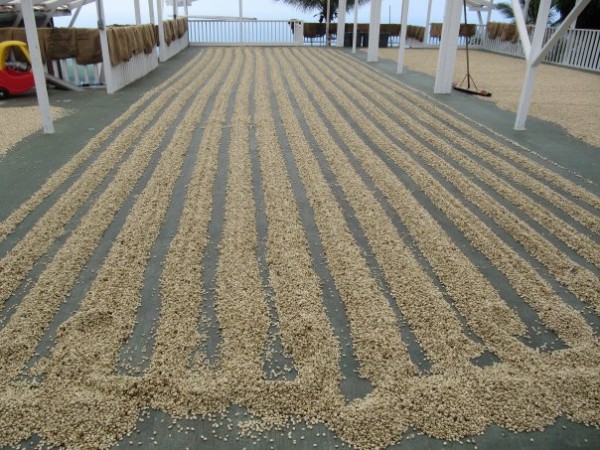As we recently reported, there is a lot going on in Hawaii on the farm level. Part of the reason for this is that Hawaii, unlike many other producing regions, has a direct line to a huge consumer market — the United States — and also the potential for quality resources at origin.
One of those resources is the College of Tropical Agriculture and Human Resources at the University of Hawaii at Manoa, which next week is running a unique kind of cupping program — not one for roasters or other green buyers, but for farmers. The Wednesday, August 13, half-day event will include farmers throughout Hawaii paying a modest $20 registration fee and bringing in coffee samples for quality evaluation.
(related: A Tour of Four Hawaiian Kona Coffee Farms)
Says the college’s Andrea Kawabata, “Instead of the typical consumer/roaster orientation of traditional cupping classes, this workshop will focus on the farmer.”
Of course, an end goal of the workshop is to provide suggestions to improve quality by comparing and better understanding coffees, and eliminating defects. Participating farmers will bring in samples of parchment coffee, green coffee and roasted coffee. Lee Paterson, owner of Hula Daddy Kona Coffee, will provide assessments of each farm’s parchment and green coffee, while Miguel Meza of Isla Custom Coffees and Rusty’s Hawaiian coffee farm will conduct assessments of the roasted and brewed coffee. Following the workshop, a confidential evaluation form will be mailed to each farmer with a rating of their brewed coffee.
(related: Hawaii’s Daylight Mind Launches ‘Coffee School’ Concept)
All of this, the organizers say, is intended to help farmers better understand the existing quality of their coffees, something that could in turn them understand what market opportunities outside of middleman buyers who may be paying them the same price regardless of quality. Says Karen Paterson of Hula Daddy, “You can’t blame a farmer for not improving her quality if she gets the same price for low quality coffee as she does for high quality coffee.”
Nick Brown
Nick Brown is the editor of Daily Coffee News by Roast Magazine.







Comment